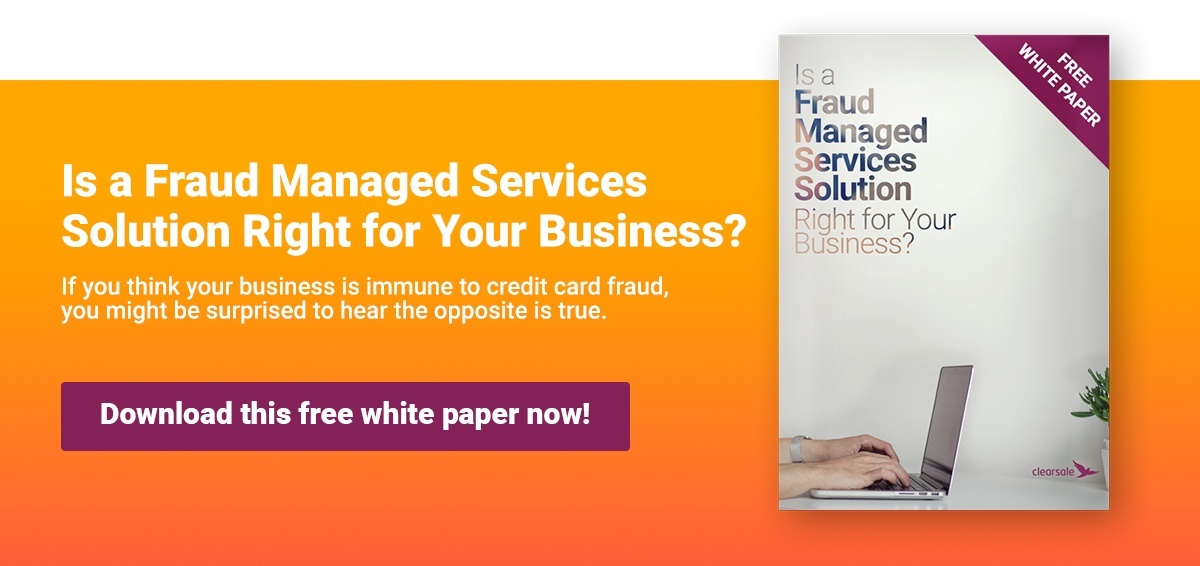Reduce Hotel Booking Chargebacks with These Simple Steps
Operating in the travel and hospitality industries? Then you’re probably already familiar with chargebacks. What you may not know is that you don’t have to simply accept them as a cost of doing business in this sector—you can fight back and prevent them before cardholders have a reason to file. Join us as we examine the facts and learn how to give yourself a permanent vacation from chargebacks.
We tend to hear about retail-centric chargebacks most often, but remember: merchants operating in just about any industry can face this problem. In fact, hospitality dispute ratios are among the highest in all verticals, and the hotel booking chargeback epidemic isn’t slowing.
Breaking Down Fraud in Hotels & Hospitality
Fraud tends to impact the travel and leisure industries even more heavily than other sectors like retail or digital goods. According to Kount, this is attributable to five specific factors:
- Fluidity: Multiple and last-minute booking changes create more opportunities for fraud.
- Perishability: Fraudsters tie-up space that cannot be used for legitimate bookings.
- Margins: Higher ticket values for hotel bookings mean greater impact on the bottom line.
- Revenue Loss: Excessive false positives mean merchants are declining valid bookings.
- High OPEX: More manual reviews mean increased operating expenses.
The American Hotel and Lodging Association asserts that as much as 55% of all card fraud in the US takes place within the hospitality industry. Of course, that only considers criminal fraud; when you factor-in other loss sources like fraudulent chargebacks, the real figure is much higher.
Why Do Customers File Chargebacks?
The three most common reasons why a customer would file a hotel booking chargeback include:
- A fraudster charges a stolen card simply to test the available balance.
- A cardholder fails to cancel a reservation according to hotel policy, but does not want to pay the penalty.
- A cardholder stays with the hotel as intended, but was not satisfied or otherwise refuses to pay for their stay.
The first of these is a clear example of criminal fraud; the fraudster used stolen cardholder information, and the hotel charged the card anyway. In this case, there is nothing that the hotel can really do to avoid responsibility for the resulting chargeback.
The other two examples, however, are cases of friendly fraud. These are not legitimate chargebacks, as the cardholder did not have a valid reason to file a dispute. Instead, the individual takes a chargeback as an opportunity to recover their funds without going through the merchant’s proper channels.
Our research suggests that upwards of 80% of all chargebacks are instances of friendly fraud. That translates to hundreds of millions of dollars in avoidable losses suffered by hotel operators in the US each year.
It doesn’t have to be this way—just follow the three steps below to start preventing chargebacks, winning representments and retaining more revenue:
Step 1: Customer Service Best Practices
If you’re looking to prevent a hotel booking chargeback, the first step is in your approach to customer service.
It’s important to keep lines of communication open to allow customers to work through your service channels. This will dissuade cardholders from skipping straight to a chargeback without attempting to contact you first. Be sure that you adhere closely to these best practices:
- Provide live phone support 24 hours a day.
- Answer phone calls in three rings or less.
- Use overflow customer service centers for peak times and outside regular hours.
- Respond to emails and social media inquiries within 60 minutes.
- Ensure that all phone numbers listed online are properly connected.
- Make all social media and email links on your site live and clickable.
Step 2: Thorough Record Keeping
Maintaining clear and thorough records is very important in the event a chargeback comes your way.
Fighting back against a hotel booking chargeback demands that you engage in tactical representment. Your records are the primary evidence your will need to demonstrate to the issuer and card scheme that the charge was valid. Without this necessary information, you will be fighting an uphill battle.
Important documentation to retain includes the name and phone number associated with the booking, as well as the arrival date and duration of the customer’s stay. If the cardholder plans to pay for another party, you should request positive, written authorization from the cardholder. This goes for situations in which a customer is booking on behalf of a company or organization as well.
Ask the cardholder to agree to your terms of service before charging the customer’s card and finalizing the reservation, and to verify consent to that reservation. Lastly, remember to keep a copy of the signed registration form—even after a cardholder checks out, that individual may still request a chargeback several months later.
Step 3: Maintain Your Response
Lastly, you’ll want to ensure that you have a capable chargeback response team ready to serve your needs. Of course, the fast-changing, complex payments landscape makes maintaining an effective in-house chargeback team unfeasible for most businesses.
You shouldn’t be worrying about fighting chargebacks or keeping up with industry regulations—you should be focused on running your business.
Chargebacks911® offer the industry’s most innovative solutions for chargebacks. Our technologies enable merchants to identify the source of disputes, then deploy the right solution to deliver immediate results.
Friendly fraud in the hospitality industry isn’t slowing down. That’s why you need to kick chargeback mitigation into high-gear. Click below and prevent your next hotel booking chargeback today.
 David DeCorte
David DeCorte
